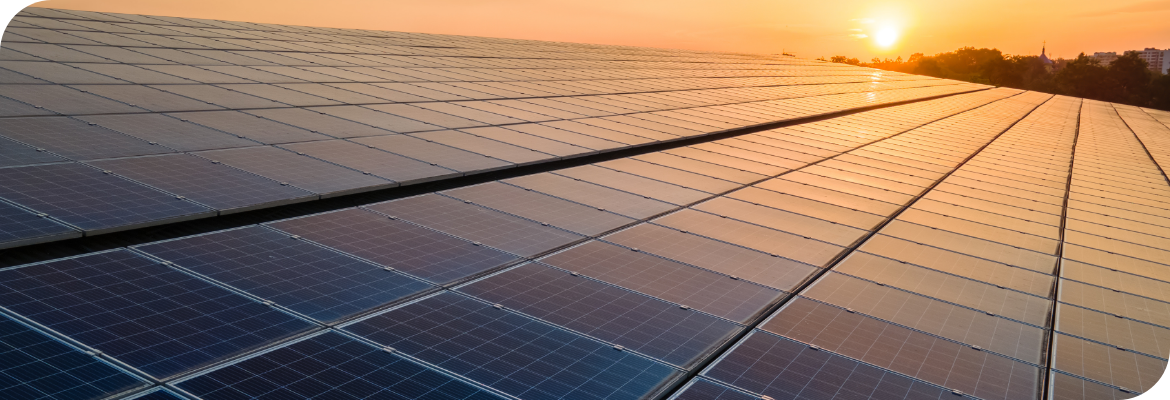Our Focuses|Corporate Governance|Green Investment
Green Investment & Sustainability-Linked Loan
The whole world is facing the impact of climate change. As one of Taiwan’s intensive electronics industry, we set up a green investment management unit to achieve the goal of green investment and create long-term value for investors and shareholders.
Green Investment Management Unit
As the basic operating unit, the Finance Department further submits relevant proposals to the board of directors for resolution, and the board of directors to participate in relevant decision-making together.
Responsibility
Assess the environmental, social and governance risks of investment projects, ensure that projects meet sustainable development goals, and make sustainable investment decisions.
Green Investment
NT$955 million renewable energy investment plan
Cumulative investment in renewable energy development from 2022 to 2024, aiming to diversify power supply sources and increase investment returns.

Investment in Green Energy
In May 2022, Winbond acquired a 15% equity in CHIA-HO Green Energy Corporation for NT$555 million, whose main business is to develop solar energy fields. Considering that its parent company, Taiwan Cement Corporation, has valuable practical experience in the renewable energy industry. It will bring positive benefits to Winbond in fulfilling its corporate sustainable development goals, and help Winbond obtain part of the renewable energy electricity needed to move towards net-zero emissions goals.
In May 2024, Winbond participated in the joint establishment of Kai-Hong Energy Co., Ltd., with an expected investment of NT$ 400 million. Kai-Hong Energy’s primary business involves investing in solar power generation and wind power generation infrastructure projects in Taiwan. Winbond’s involvement in this joint venture not only aligns with the global and Taiwan 2050 net-zero goals, but also demonstrates its proactive engagement in green energy development. Apart from contributing to the company’s net-zero emissions target through renewable energy, Winbond is progressively fulfilling its commitment to sustainable development.
As of April 2025, Winbond's board of directors has cumulatively approved NT$ 955 million in renewable energy investment plans. Going forward, Winbond will continue to seek suitable targets for green energy investment, laying the foundation for achieving net-zero emissions goal.
Sustainability-Linked Loan and Sustainable Fixed Deposits
 Two Years of Success: Achieving ESG Targets
Two Years of Success: Achieving ESG Targets
Sustainability-Linked Loan
In April 2023, Winbond signed a NT$20 billion sustainability-linked syndicated loan agreement, incorporating specific indicators for carbon reduction, energy saving, and corporate governance into the evaluation criteria. The actual performance of these sustainability indicators was regularly audited, and the results were rewarded to interest rate deduction. In June 2024, the bank confirmed that Winbond had achieved its annual sustainability targets for two consecutive years, resulting in a reduction of NT$1.89 million in interest expenses for 2024. The reduced interest rate conditions will apply to subsequent loan drawdown until the next audit period. Internally, the company also regularly tracked the achievement of various indicators to ensure the implementation of sustainable actions, working together with the syndicated loan group towards the goal of sustainable finance.
Sustainable Fixed Deposits
In 2024, Winbond continued to engage in sustainable development time deposits with banks for a period of at least three months. The funds were lent by the banks to other enterprises, utilized in various compliant green financing projects, or used to support green industries such as renewable energy or solar power plant investments and financing. Through diverse channels, Winbond participated in sustainable finance, further demonstrating its commitment to sustainable development.




